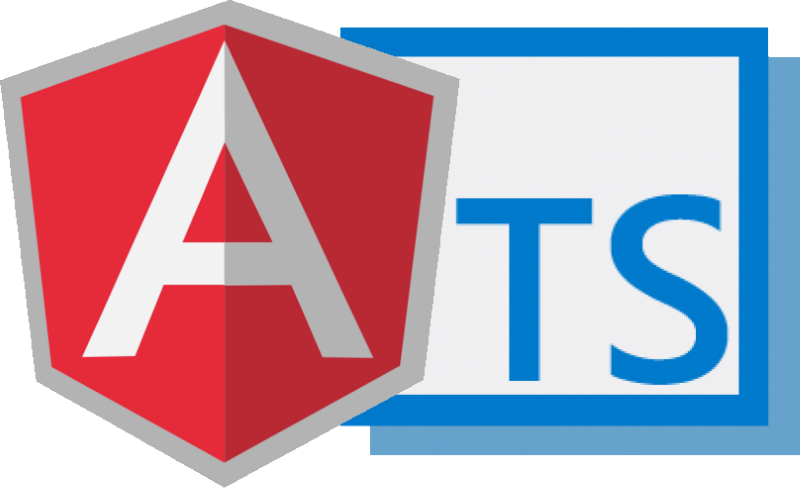In TypeScript, function overloading, or method overloading, is the ability to create multiple methods with the same name and same return type, but a different number of parameters or different parameter types.
So essentially, method overloading is allowed when –
- The function name is the same
- The number of parameters are different in each overload
- If the number of parameters are the same, their type must be different
- All overloads must have the same return type
Function overloading in TypeScript is very different from overloading in few other programming lanaguages where we define multiple methods with different signatures, and based on method parameter number and type, a specific method body is executed.
In TypeScript, we can define multiple method signatures but the method implementation remains only one.
1. Function Overload and Implementation Signatures
In TypeScript, we can specify a function that can be called in different ways by writing overload signatures.
- When defining a function, we write multiple overload signatures that clients can call to invoke the function.
- After these overload signatures, we write the implementation signature immediately before the function implementation. The client cannot invoke the function using the implementation signature.
- The implementation signature must be compatible with the function implementation as well as the overload signatures.
- The implementation signature should always be the last in the list and can take the
anytype or a union type as the type of its parameters.
2. Syntax
Let’s understand with an example.
In the given example, we have add() method which has two overload signatures at Line no. 1 and 2. We can call the add() function with either two parameters or three parameters.
If we notice Line No. 3, which is the implementation signature and is compatible with the function implementation as well as both overload signatures.
Even though the implementation signature allows to have four parameters, we cannot invoke the add() function with four parameters as seen in Line no. 13.
function add(first: number, second: number): number; //Overload signature with two parameters
function add(first: number, second: number, third:number): number; //Overload signature with three parameters
function add(first: number, second: number, third?: number, fourth?: number): number { //Implementation signature
if (first !== undefined && second !== undefined && third !== undefined) {
return first + second + third;
} else {
return first + second;
}
}
const r1 = add(1, 2, 3);
const r2 = add(1, 2);
const r3 = add(1, 2, 3, 4);For every non-compatible function overload, we will get the error: This overload signature is not compatible with its implementation signature.
3. Function Overloading Example
Suppose we are creating a function that will return the list of employees in the application by:
- Employee name
- Employee name and age
- Employee name, age and location
Let’s create function overloads and implementation for this requirement.
class Employee {}
function findEmployees(name: string): Employee[]; //Overload Signature 1
function findEmployees(name: string, age: number): Employee[]; //Overload Signature 2
function findEmployees(name: string, age: number, location: string): Employee[]; //Overload Signature 3
function findEmployees(name: string, age?: number, location?: string): Employee[] { //Implementation Signature
let employee: Employee[] = [];
if(age != undefined && location != undefined) {
//find employees by name, age and location
} else {
//find employees by name and age
}
return employee;
}Drop me your questions in the comments section.
Happy Learning !!


Comments